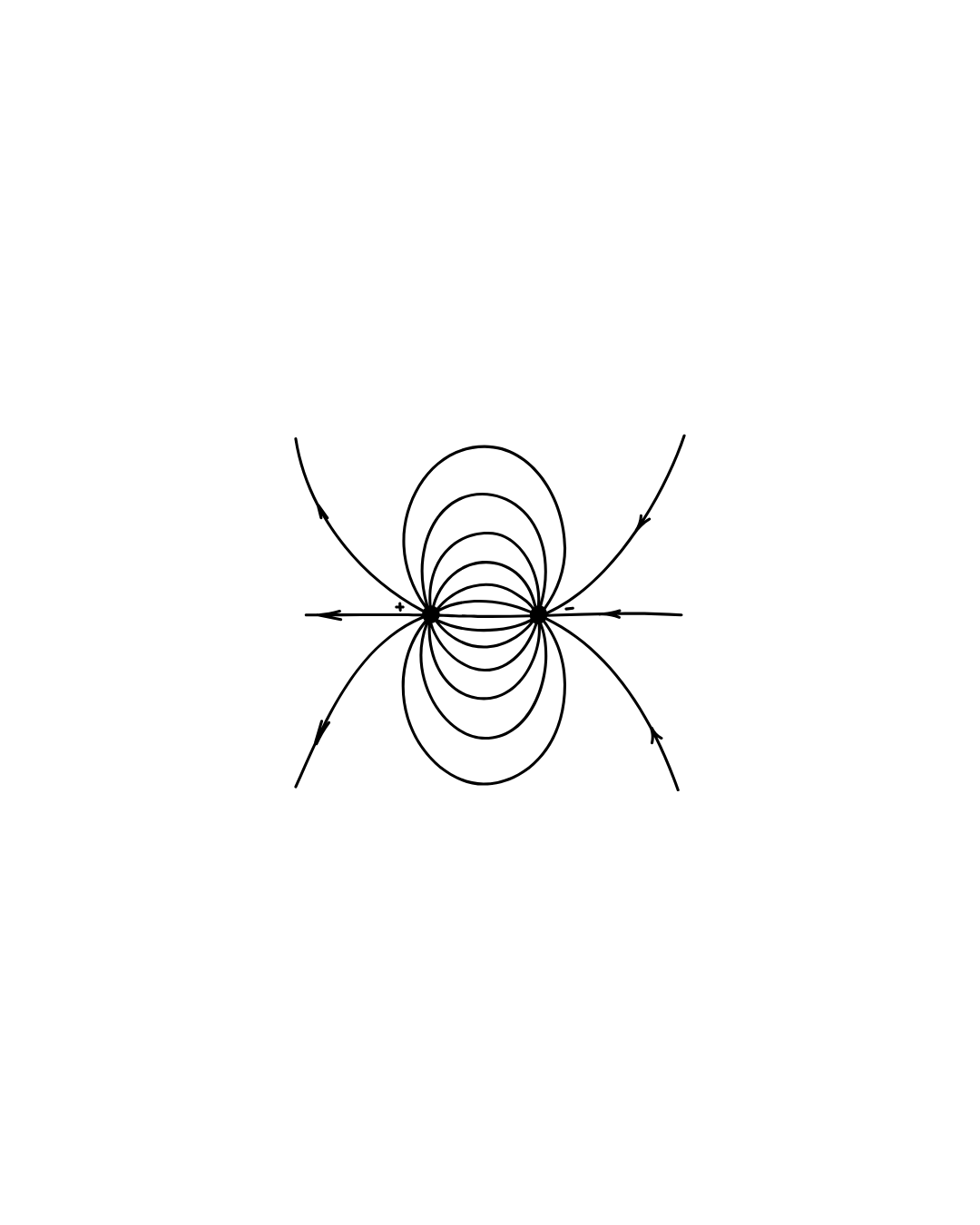Description
A Master of Science (M.Sc) in Physics is a graduate-level program focused on advanced concepts of physics and its applications. This degree typically involves both theoretical study and experimental work, preparing students for careers in research, academia, industry, or technology sectors. Here’s an overview of what you can expect from the program:
Program Overview
Duration: Usually takes 1 to 2 years to complete, depending on the institution and whether the student is enrolled full-time or part-time.
Mode: Offered in various formats, including full-time, part-time, and online options.
Eligibility: Typically requires a bachelor’s degree in physics or a closely related field. Some programs may also require certain GPA thresholds, GRE scores, or prerequisite courses.
Core Curriculum
The curriculum for an M.Sc in Physics generally includes core courses, electives, and a research component (thesis or project). Key subjects commonly included are:
Classical Mechanics: Advanced exploration of mechanics, including the motion of particles and rigid bodies, and the principles of dynamics.
Electromagnetism: In-depth study of electric and magnetic fields, Maxwell?s equations, and the behavior of charged particles.
Quantum Mechanics: Exploration of the principles of quantum theory, wave-particle duality, and application of quantum mechanics to various systems.
Statistical Mechanics: Study of systems with a large number of particles, focusing on thermodynamics, entropy, and the statistical interpretation of thermodynamic quantities.
Condensed Matter Physics: Examination of the physical properties of solids and liquids, including crystallography, superconductivity, and magnetism.
Laser and Photonics: Understanding the principles and applications of lasers and light manipulation in various technologies.
Astrophysics or Cosmology: Some programs offer courses in these areas, focusing on the physics of celestial bodies and the origin, structure, and evolution of the universe.
Research Methods in Physics: Training in experimental and theoretical research techniques, including data analysis and computational methods.
Skills Developed
Analytical Skills: Ability to solve complex physics problems and apply quantitative analysis to experimental data.
Research Proficiency: Conducting independent research projects and proficiency in experimental design and methodology.
Technical Expertise: Hands-on experience with laboratory equipment, programming, and simulation tools used in physics research.
Communication Skills: Writing scientific papers, presenting research to peers, and collaborating effectively in teams.
Critical Thinking: Developing innovative solutions to theoretical and practical problems in physics.
Career Opportunities
Graduates with an M.Sc in Physics have a variety of career paths available, including:
Research Scientist: Conducting research in academic institutions, government labs, or industry, focusing on specific areas of physics.
Physicist: Working in various sectors such as semiconductor technology, materials science, and energy systems.
Data Analyst: Utilizing analytical skills and quantitative methodologies to interpret data and inform decision-making in businesses or research institutions.
Academic Roles: Pursuing a Ph.D. for teaching positions or advanced research opportunities in universities.
Engineering Roles: Applying physics principles in engineering disciplines, including aerospace, electrical, or mechanical engineering.
Medical Physics: Working in healthcare settings, often in the development and application of medical imaging technologies or radiation therapy.
Benefits of Pursuing an M.Sc in Physics
Advanced Knowledge Base: Gain in-depth knowledge of complex physics concepts and their applications.
Research-Driven: Opportunities to engage in cutting-edge research that can lead to publications, conferences, and networking.
Flexible Applications: The skills developed through this degree are applicable across a range of industries, enhancing employability.
Additional Considerations
When considering an M.Sc in Physics:
Accreditation: Ensure the program is accredited by relevant academic bodies.
Faculty Expertise: Research the faculty?s areas of expertise and available research projects to find a good match for your interests.
Research Opportunities: Look for programs that offer strong support for research, including access to laboratories and funding for projects.
If you have any specific questions about pursuing an M.Sc in Physics, its courses, or potential career paths, feel free to ask!









